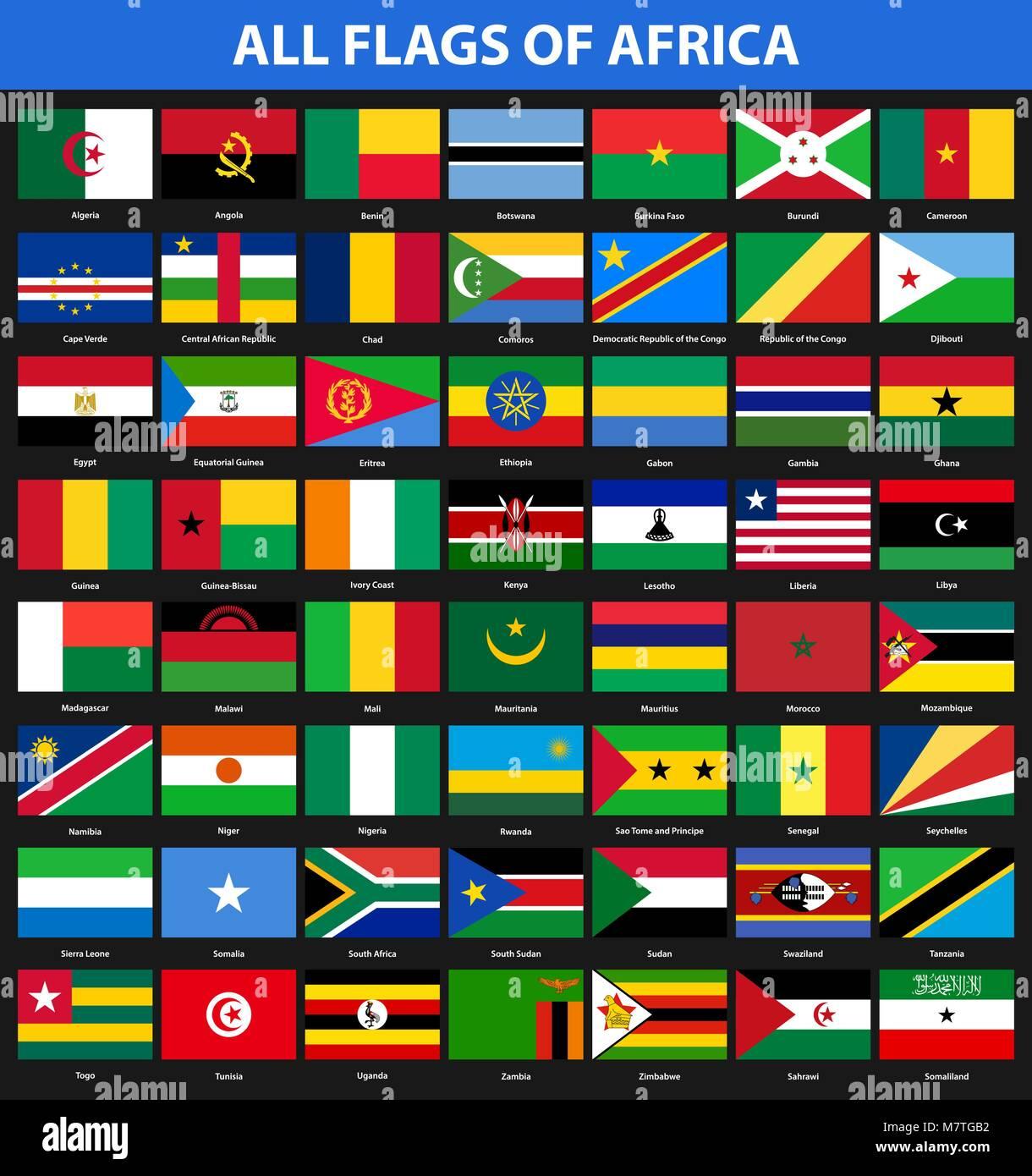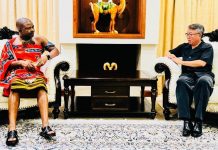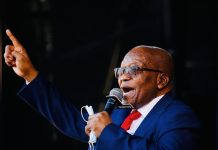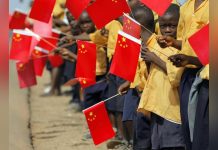Africa-Press – Eswatini. This is already a year of mixed fortunes for Africa if the events of this first week are a harbinger.
An arson attack on South Africa’s parliament; the military junta in Mali claiming it aspires to govern for five years; Prime Minister Abdalla Hamdok resigning in Sudan, leaving the military in control again and national elections scheduled for December unlikely — all in the first week of 2022 — are a reminder of the fragility of African democracy.
There are four key short-term trends to watch: democratic advances and retreats, security and conflict hot spots, economic recovery and increased volatility, as well as climate change and summitry.
Democratic advances and retreats
Since the start of the decade there have been successful or attempted coups in Guinea, Mali, Sudan, Chad and Niger. Better politics has also contributed to economic growth, such as with the democratic advances in Niger and Zambia in 2021 and in Malawi in 2020. Despite Covid-19, smooth elections in 2021 included Cape Verde and The Gambia.
This year will see increased domestic and international pressure for an end to the absolute monarchy in eSwatini and parliamentary elections in Lesotho and pressures on the monarchy there to become more involved in politics. Libya, Senegal, Angola and Kenya will have elections.
Libya’s first presidential and parliamentary election was to take place in December but was postponed and is now set for 24 January. The international hope is that this election will help stabilise the country, including the spill-over into its neighbours, especially the Sahel region.
On 23 January, Senegalese will vote for mayors in the country’s 550 municipalities. The outcome of these will confirm the legitimacy of the electoral process and will act as a referendum on the popularity of President Macky Sall and his Benno Bokk Yakaar party coalition. They will also signal what to expect in the forthcoming legislative elections later this year.
In August, Angola goes to the polls for legislative elections. The ruling MPLA confirmed last month that João Lourenço will be the party’s candidate for the presidency for a second time, if it wins a majority. Like Senegal, this election will be a referendum on performance and the MPLA’s parliamentary absolute majority is at risk. An electoral Bill, requiring the counting of votes to be done centrally, has raised concerns over electoral transparency.
The outcome of Kenya’s presidential elections, also due in August, is not possible to predict at this early stage. Opposition leader Raila Odinga last month launched his fifth bid and now enjoys the support of President Uhuru Kenyatta, against Kenyatta’s deputy president, William Ruto. Odinga has folded his Orange Democratic Movement into a large One Kenya Alliance, drawing on an alliance of politicians and establishment interests. Ruto has formed his own party, the United Deputy Party, and is mobilising the poor and unemployed, playing on his humble roots. This will be a fiercely contested election and violence and contested polls are likely.
Crackdowns against opposition in autocracies will continue, such as the sentencing of Benin presidential challengers to long jail terms and the siege by police last month of Ugandan opposition leader, Bobi Wine, who was surrounded at his residence and put under house arrest ahead of a planned campaign rally for a local by-election.
Security and conflict hotspots
Conflict hotspots will continue to dominate the news this year. In the Sahel region militias and jihadis are spreading violence, and ineffective administrations in Mali and Burkina Faso are failing to counter this spread, including across their borders to the south. This year will also see the quickening of the process of moving towards a new pattern of French deployment, where the Sahel armies in the G5 Sahel military structure are relied on for front line action, with the French retreating to provide more of a backup and special forces role through logistics, air support and intelligence. Nato may become more involved as the year progresses, especially as Russia is also attempting to increase its military involvement in the region.
Ethiopia continues to present a major source of instability for the Horn of Africa region and beyond. Mediation efforts by the African Union and others have made little progress and a prolonged civil war will have a negative effect on the economic attractiveness of this region. Relations between Ethiopia, Sudan and Egypt are also worsened by the planned filling of the Grand Ethiopian Renaissance Dam for a third time in 2022.
Other hotspots include conflicts in Libya and Somalia, spreading jihadi insurgency in eastern Congo, northern Nigeria and northern Mozambique and the “Anglophone” crisis in two western regions of Cameroon.
Food and fuel prices have increased by more than 40% (above a five-year average) in many African countries because of inflation, insecurity and the Covid-19 pandemic. There were protests in Blantyre, Malawi, in December against rising prices and more such demonstrations are likely in 2022. Youth-led movements for deepening democracy, accountable governance and protests against the increased cost of living are also increasingly buoyant, particularly in Nigeria and Ghana, but also evident in Burkina Faso and Chad.
Economic recovery and increased volatility
Last year, the continent launched the African Continental Free Trade Area and emerged from recession, sparked for many by low commodity prices, but worsened by the Covid-19 pandemic. Elevated commodity prices, a recovery in global trade and easing of stringent pandemic measures signal a trajectory of slow economic recovery and bodes well for corporate revenue and share price among African energy, metals, materials and food producers.
Travel and tourism are likely to partially bounce back as the year progresses, particularly to areas where vaccination rates are highest, but they will also depend on Covid-19 policies in Europe and Asia. By the end of 2021, most African states had fully vaccinated only 5% of their population and in 2022 only a small number are likely to reach 40% or more.
Once again, it’s the non-extractive rich countries that are rebounding quickly, Côte d’Ivoire and Kenya in particular, compared with the continent’s three largest economies — Angola, Nigeria and South Africa. The war in Ethiopia shattered its reputation as a safe destination for foreign direct investment, although its opening of the telecommunications industry to the private sector has been applauded.
The digital transformation of African goods and services and supply chains will also continue in 2022 but exchange-rate pressures with increased volatility, credit and liquidity challenges will be a key concern for many governments.
Accumulated sovereign foreign-currency denominated debt reached a record high of $1-trillion in 2021 and will edge higher in 2022. Rising debt levels will require international partners to find better pathways for cancellation, restructuring and suspension through the G20’s Common Framework and other initiatives. We will see more strategic positioning by international creditors.
Climate change and summitry
The COP27 climate change summit will be hosted by Egypt and will give Africa a stronger voice in calling for funds from developed nations to unlock investments in climate-smart infrastructure that can help create green jobs. Decarbonisation is an opportunity to foster manufacturing activity on the continent, but it requires foreign direct investment, grants and loans. Companies and governments in Africa are already providing training for jobs in solar energy (such as in Togo and South Africa), but a lot more needs to be done.
COP15 in April in China on biodiversity is also important for Africa as one proposed outcome is that 30% of land and oceans should be protected. The European Union Commission also in 2021 adopted a proposal for a new carbon border adjustment mechanism, which will put a carbon price on imports of a targeted selection of products so that climate action by Europe does not lead to “carbon leakage”.
This initiative is aimed at avoiding the pushing of carbon-intensive production outside Europe by encouraging industry outside the EU, including Africa, to take steps in the same direction. This will be a key issue for discussion at the sixth EU-AU summit in Brussels in February because it is perceived as European protectionism by many African states.
The second Russia-Africa summit will be held in November in Saint Petersburg and the 26th Commonwealth Heads of Government Summit will be held in Kigali in June at which Kenya’s energy and petroleum cabinet secretary, Monica Juma, hopes to be elected the new secretary general.
For More News And Analysis About Eswatini Follow Africa-Press







